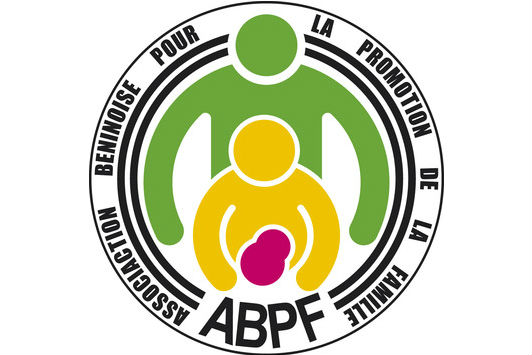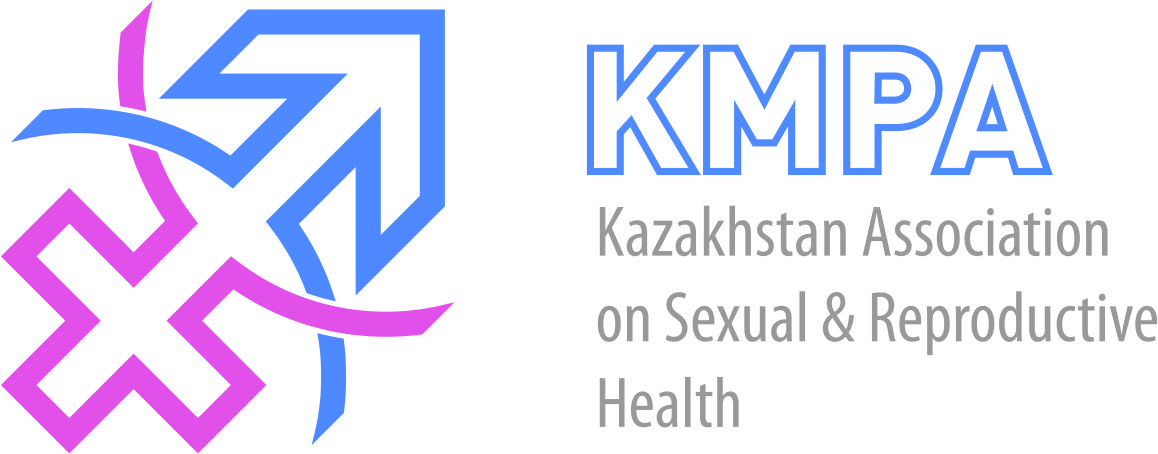

| 31 March 2016
Association Béninoise pour la Promotion de la Famille
The Association Béninoise pour la Promotion de la Famille (ABPF) has been operating for almost 40 years. ABPF offers family planning, ante-natal and post-abortion care, infertility treatment, screening of cancers of the reproductive system, and management of sexually transmitted infections (including HIV and AIDS). Its service points include permanent and mobile clinics. ABPF is focused on reaching marginalized groups such as prisoners, sex workers, refugees and internally displaced persons. The majority of clients are estimated to be poor, marginalized, socially excluded and/or under-served. To reduce the national maternal mortality rate, ABPF operates an effective community-based obstetric and antenatal care service in 16 villages, using traditional birth attendants and volunteer health workers. ABPF also runs a locally-based service for young people which involves hundreds of community-based distributors (CBDs) and peer educators providing young people with sexual and reproductive health information, condoms and counselling services. In acknowledgment of ABPF’s expertise and accomplishments, the Government of Benin invited the organization to become a member of the technical committee (in the Ministry of Planning) that drafts reproductive health policies: the Population Policy, the Family Health Policy, HIV and AIDS policies and the National Sexual and Reproductive Health Policy. Whilst ABPF has recorded major advances in sexual and reproductive health, there are still very significant challenges as the figures for lifetime risk of maternal death, child mortality rate and unmet need for contraception of illustrate. Driving the work of ABPF is a large and dedicated team of hundreds of volunteers. There’s a Youth Action Movement which draws on the skills of young people. ABPF works in partnership with a range of government organisations, including parliament, the Ministère de la Famille, the Ministère de la Jeunesse, and the Ministère du Plan. Funders include USAID. Non-goverrnmental organizations working with ABPF include the Country Co-ordinating Mechanism for health and sexual and reproductive health.

| 31 March 2016
Kazakhstan Association on Sexual and Reproductive Health (KMPA)
The Kazakhstan Association for Sexual and Reproductive Health (KMPA) was established in 1996. In 2002 KMPA became a full Member Association of IPPF. The organization currently has 9 branches and 4 regional offices in Almaty, Kostanay, Shymkent and Nur-Sultan. In total, there are 13 branches of KMPA. The organization’s activity is based on protecting the right of youth, men, and women to quality medical services and information in the field of sexual and reproductive health (SRH). KMPA conducts training of youth to prevent underage pregnancy, sexual and gender-based violence (SGBV), and the spread of sexually transmitted infections (STIs), including HIV. In addition, KMPA implements projects on family planning and promoting contraceptive methods to prevent unintended pregnancies. KMPA focuses on the following goals: (1) advocacy of sexual and reproductive rights; (2) elimination of unsafe abortion; (3) promoting condom use to prevent HIV/AIDS and decreasing stigma against people living with HIV/AIDS; (4) educating youth and teenagers on sexual and reproductive health and rights (SRHR) to allow choice and safe relations; (5) advocating for access to SRH services; (6) training healthcare professionals on family planning, contraception, safe abortion, antenatal care and consultation skills; and (7) training of teachers on SRHR, CSE, prevention of SGBV and promoting gender equality. KMPA seeks to improve the reproductive health of the population of Kazakhstan, especially the socially vulnerable, the poor, and young people, by protecting the basic reproductive rights of women, men, and young people, ensuring free and informed choices regarding SRH, providing comprehensive sexual education and high-quality information, and promoting access to SRH services. KMPA bases its activities on the principles of gender equality, freedom of decision-making and voluntary participation.







